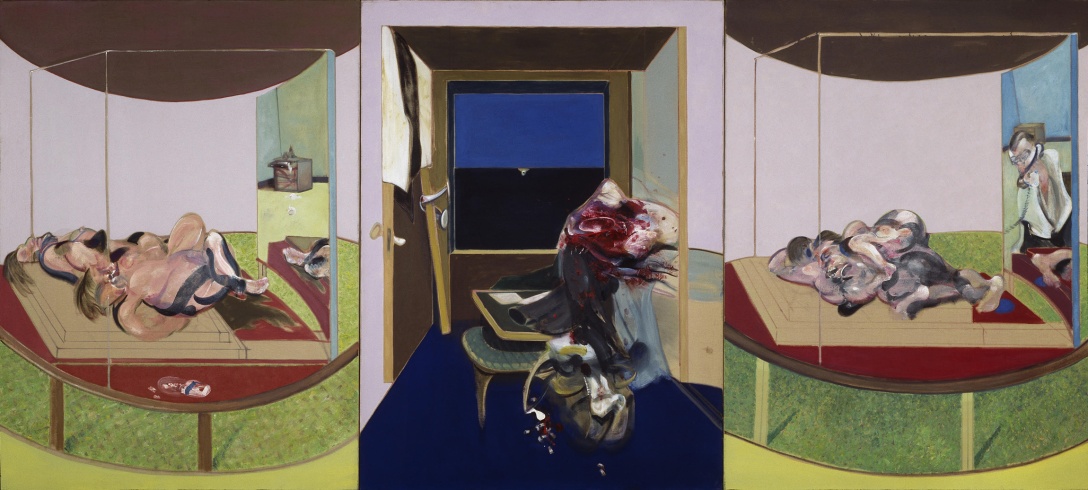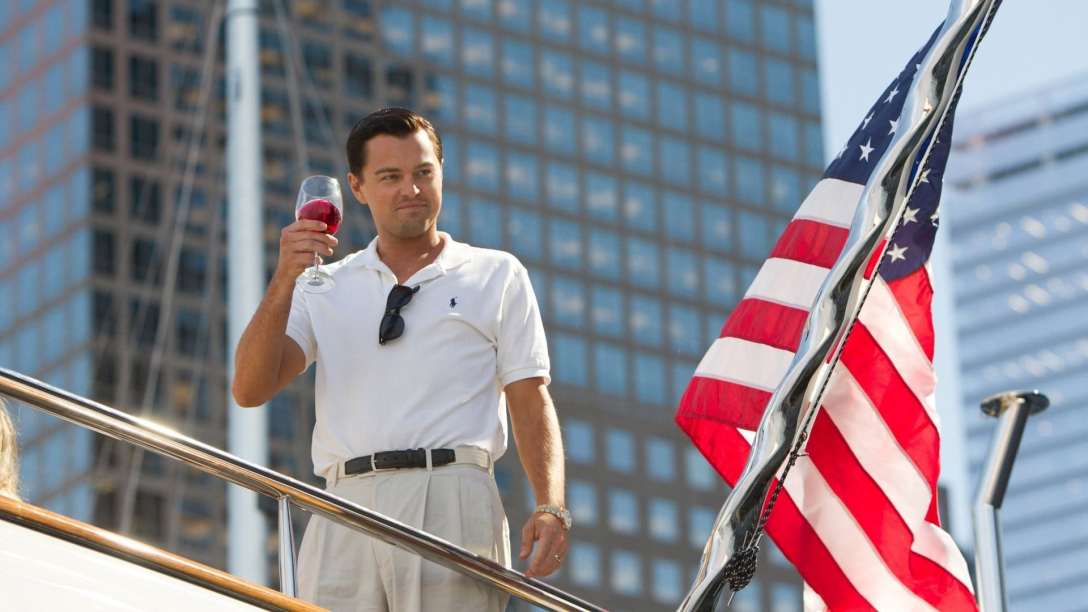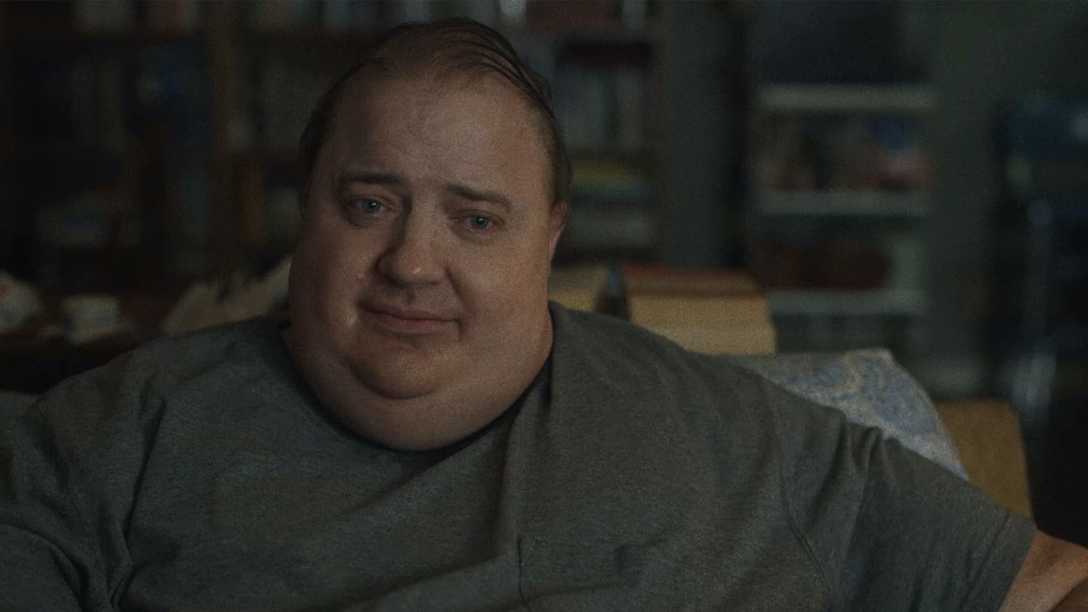I barely wrote in any sensical way in 2023, distracted by a brutal workload and ebb-and-flow of interest in serious or sustained analysis of movies or books or culture. That sounds like clinical depression, but as I’ve gotten older, the firmaments of a creative, progressive life have felt more and more disposable and naive. Rather than finding meaning in art, everything goes in one ear and out the other, and the massive financial institutions and corporations that control publishing, marketing and entertainment writ large appear committed to mediocrity. Hyper-aggressive greed and competition dominate society at every level and bohemianism is quantified and traceable, a disappointing solipsism. I harp on these same points all the time, but the artists and craftsmen that make good work and improve our inner and outer lives are less reliable and vital within the current climate of acquisitive complexity and empty political posturing. Nonetheless, life is beautiful, or whatever.
The most repugnant trend that continued this year appears to be the business-bro Elon Musk fanboy. I’ve been off Instagram for years and use Facebook only for work, but the Joe Rogan-esque bodybuilder-investors and motivational hustler content has become grating on the senses. Employing a dramatic speech pattern about grit, struggle and “gains”, along with impossible workout and lifestyle routines, there’s a flood of snake oil salesmen gathering clicks and attention for content, fed into a slanted algorithm that thrives on desperation. TikTok videos are engineered to induce disgust, content as the cynical mantra “any press is good press”. Combining laissez-faire “grindsets” with our current iteration of techno-hypercapitalism is another indicator of the dying of the internet, the former vibrancy and alternative caverns one could find giving way to the ugly desire for profit.
It was also a further stranglehold on critique in general- with so much going to shit, the discourse favors one upmanship, linked to an elitism and selfishness that has people more concerned with appearing clever or quick, rather than correct in any way. Trends in publishing are grim. Novelists appear to have little to no traction in the culture at large, and every new person I talk to lists Harry Potter as their favorite series- the small number of people still invested in consuming novels has been spoiled by obdurate politics. A novel that I read that was evocative of these terms was Yellowface by R.F. Kuang. It’s a story about a Chinese-American Ivy League novelist, a clear stand-in for Kuang, herself a Yale graduate. When the Asian novelist chokes to death in the presence of her white friend while they’re drinking wine and catching up in the novelist’s beautiful apartment, her white friend steals the unpublished manuscript before calling 911, and goes on to publish the novel as her own. Kuang invents a bogeywoman of white greed and selfishness, establishing herself as the victimized genius threatened by thieving, privileged white folk. The novel is bland in its prose and juvenile in its treatment of racism, a topic now considered fair game for even the most commercial entertainment. Yellowface received widespread acclaim, the norm for these types of novels that the Big Five have been churning out, though I’d endeavor that like most fiction, the book didn’t sell, as even major publishing events gross significantly less than the local Ford dealership during their annual President’s Day Sales Event. With the collapse of any kind of democratic monoculture, the void we’ve been left in literary fiction is dire.
On the other end of that spectrum, Celine Song’s film Past Lives was a pleasant surprise amidst a spate of on-the-nose releases. The script still includes clumsy racist tropes, i.e. a Korean woman reconnecting with a male friend from Seoul while presenting her white American husband as a useless nebbish writing “white guy novels” and playing Xbox, but it’s deft examination of the passage of time and of meeting people at particular, fleeting moments in life. It’s odd to me that during our particular moment in history, institutional art products have to denigrate white people (for example) while propping up the marginalized or immigrant identity du jour- it is a disservice to all involved, plucked from fashionable online rhetoric: when cool, smart people get together and converse, it tends to fall into hyperbole and faux-radicalism, and thus not necessarily indicative of broader societal trends. Despite some of the unnecessary and obtuse caricature, the structure of the film, unfolding over Zoom calls between the two friends progressing through different points in their lives and achievements, encapsulates the mid-2010’s flow of jobs, self-development and renewed interest in cultural authenticity across the global market.
I’d like to keep this avenue of writing going, so far as it is helpful to dash some ideas across a page that hopefully no one reads. There are of course releases all the time that are enjoyable, and that either play to my preferences or are objectively well-crafted. In many ways I agree with eschewing the middle-aged white man protagonist perspective, because it is a bit tired and because there are so many more interesting voices and perspectives. Still, another important rewatch that I undertook, and completed in a suspiciously quick amount of time, was The Sopranos, the greatest long-form television show in history and notably centered on a white male (though he is Italian-American). Whether the show could have hit quite the same psychological depth with a different protagonist is unclear, and I’d argue that the show rests on James Gandolfini’s considerable shoulders. Yet shows like The Sopranos, and even newer hits like Succession, still use the almost blank quality of whiteness to stand-in for universal concerns of family, ethics, greed, and the contemporary humiliations of being alive. It is the artistry of The Sopranos to make the personal into the universal, and it is a purpose of art that I see less often in today’s entertainment industry. We are at once more politicized, more radical and demanding of our art to further political aims, and moving further away from finding significance from our visual entertainments beyond echoing self-serving demographic concerns. I hope moving forward we’ll see more water-cooler worthy entertainment again, as the segmentation isn’t serving anyone any good.



